Queer Women's Substance Use Over Time (QSOX)
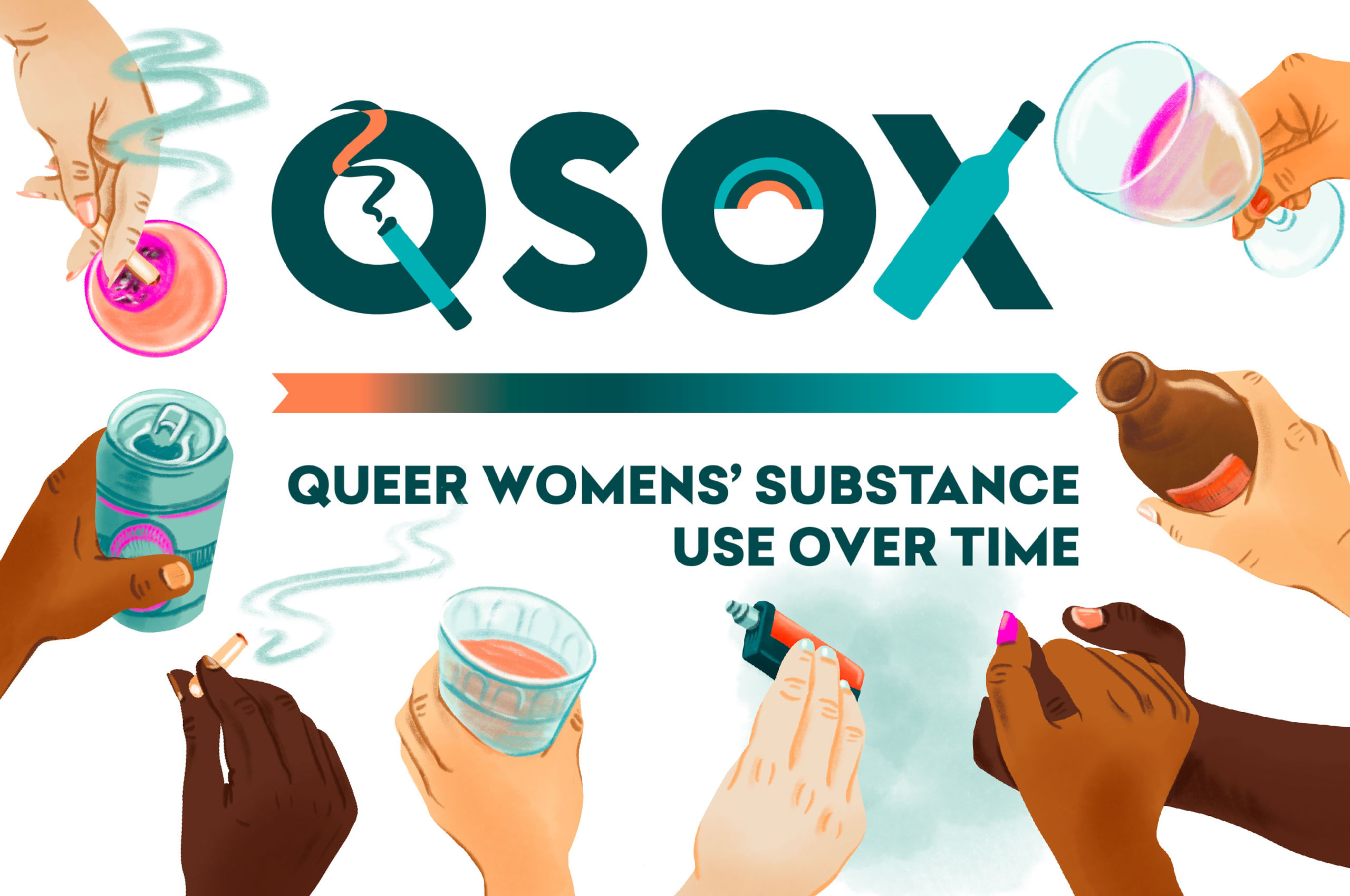
QSOX is a longitudinal qualitative study exploring alcohol, tobacco, and vaping among LBQ women in Victoria and New South Wales.
2022-2025
Ruby Grant, Julie Mooney-Somers, Jennifer Power, Ruth McNair, Amy Pennay, Jami Jones, David Moore, Adam Bourne
Lesbian, bisexual, and queer (LBQ) women have high rates of alcohol and tobacco use. These understandings of why this is the case are often simplistic and fail to capture the complexities of what these substances really mean to LBQ women. Subsequently, smoking cessation and alcohol-related supports may not adequately meet the needs of this population.
The study follows the lives of LBQ women over the course of 18 months to understand the cultural practices of substances in LBQ women’s communities and how these may change over time. In doing so, QSOX aims to inform future health-related interventions that better meet the needs of this population.
QSOX Briefing Papers
QSOX Briefing Paper 1: LBQ Women and Alcohol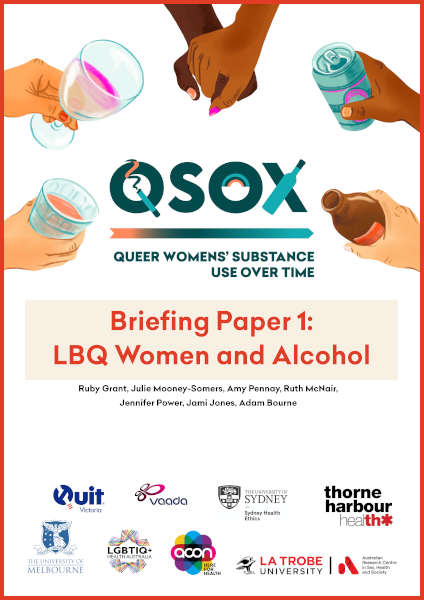
This briefing paper explores lesbian, bisexual, and queer (LBQ) women and non-binary people’s experiences of alcohol use over time. It highlights how drinking practices are shaped by social connection, identity, and coping, as well as by broader life circumstances such as relationships and stress. This resource provides insights to inform more inclusive and strengths-based alcohol policy, education, and support initiatives.
Download QSOX: LBQ Women and Alcohol
QSOX Briefing Paper 2: LBQ Women and Smoking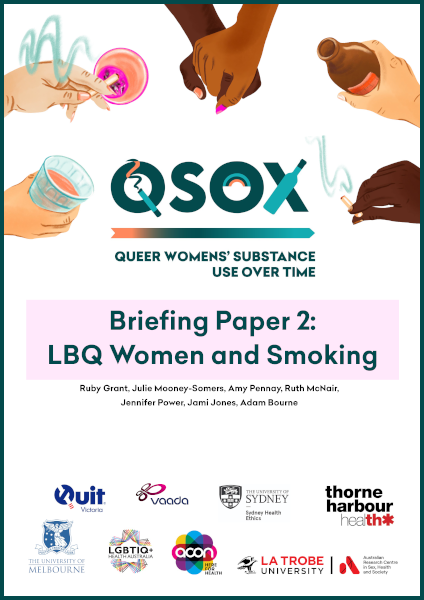
This briefing paper examines the social, emotional, and cultural dimensions of smoking among LBQ women and non-binary people. It shows that smoking often carries meanings of autonomy, resilience, and gender expression, while also being used to manage stress or trauma. The findings highlight the need for affirming, non-judgemental information and cessation supports that recognise identity, community, and lived experience.
Download QSOX: LBQ Women and Smoking
QSOX Briefing Paper 3: LBQ Women and Vaping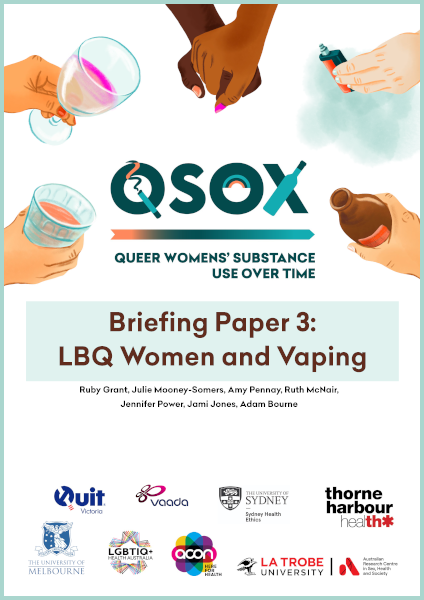
This briefing paper investigates how vaping features in LBQ women and non-binary people’s lives as a practice tied to identity, pleasure, and coping. It reveals that vaping can be both affirming and challenging, offering comfort and community connection while sometimes leading to dependence or shame. The paper offers recommendations for culturally responsive vaping policy, education, and harm reduction strategies.
Download QSOX: LBQ Women and Vaping
QSOX Practice Guide: Supporting LBQ women and non-binary people with alcohol, tobacco and nicotine use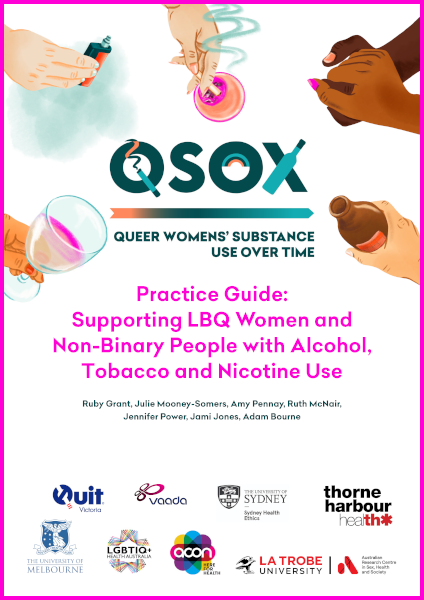
This practical guide translates findings from the QSOX study into practical strategies for alcohol, tobacco, and other drug (ATOD) services and health professionals. It outlines inclusive, trauma-informed, and identity-affirming approaches to support clients’ diverse goals around substance use. The guide is designed to help services create safer, more responsive environments for LBQ women and non-binary people seeking care.
QSOX Zine
As part of the QSOX project, we have produced an accompanying zine that can be printed and folded into a booklet. It's available to download as A4 PDF for office or home printers, or as A4 with print bleeds for professional printing.
For folding instructions, please follow this Youtube video.
This zine is also available as a series of social media tiles for download - right-click and choose 'Save image as' for each tile:
Associated publications
The QSOX team is working on publications based on the findings from the study. These will be added to this webpage as they are published online. If you are not able to access them via the links below, please contact arcshs@latrobe.edu.au.
Queering vaping: A qualitative analysis of lesbian, bisexual, and queer women’s E-cigarette use in Australia
Vaping is common among lesbian, bisexual, and queer women in Australia and is often tied to identity, style, and community. It can be a way to resist mainstream health norms, but its meanings are mixed, with some finding it empowering and others experiencing stigma. Public health and policy approaches must recognise these queer cultural meanings, so as not to reinforce stigma or cause unintended harms to LGBTQ+ communities.
Psychological, social and cultural influences on smoking among lesbian, bisexual and queer women
While coping with minority stress was a common factor influencing some lesbian, bisexual and queer women's smoking behaviours, participants in this study also described how smoking offered pleasurable opportunities for gender expression, affirmation and rebellion. Smoking also enabled participants to experience ‘marginalised connectivity’, a form of social solidarity fostered through the sharing of a stigmatised practice by an oppressed or stigmatised community.
Alcohol and Tobacco Use Among Lesbian, Bisexual, and Queer Identifying Women: A Longitudinal Qualitative Study Protocol
This paper outlines our approach to the QSOX study, detailing the rationale and methods that we plan to use to provide a more in-depth understanding of lesbian, bisexual, and queer women’s lived experiences of drinking, smoking, and vaping over time.
‘All the dykes I know drink beer’: Sexuality and gender performance through alcohol consumption among lesbian, bisexual, and queer women in Australia
This article explores the role that alcohol plays in LBQ women and non-binary people’s lives, including how drinking shapes gender expression, intimacy, and sense of safety.
Perceptions and Cultural Practices of Vaping Among Lesbian, Bisexual, and Queer Women in Australia
This article explores LBQ women and non-binary people's motivations for using e-cigarettes or vaping, including stress-relief and gender expression. It also highlights challenges, such as stigma, risk perceptions, and harms.
Meet the Project Team
- Ruby Grant (she/her) is a research fellow at the Australian Research Centre in Sex, Health and Society (ARCSHS) at La Trobe University. Her work explores LGBTQ+ health and inclusive practice, including the role of place in LGBTQ+ identity and community wellbeing.
- Julie Mooney-Somers (she/her) is an Associate Professor in the School of Public Health at the University of Sydney. Julie has a long track record in research on the health of sexuality and gender diverse people (primarily health related to tobacco, alcohol and other substances, and sexual and reproductive health). She leads a collaboration with ACON that conducts SWASH, the longest running periodic survey of lesbian, bisexual and queer women’s health and wellbeing in the world.
- Jennifer Power (She/her) is an Associate Professor and Principal Fellow at ARCSHS at La Trobe University. Her research focuses on sexuality, sexual health and HIV. She currently co-ordinates the Secondary Students and Sexual Health Survey and the HIV Futures study and is involved in other studies relating to LGBTQA+ wellbeing, young people and sexual health, and digital sexual health literacy.
- Amy Pennay (she/her) is an alcohol researcher and sociologist at the Centre for Alcohol Policy at La Trobe University. Her work investigates drinking and associated harms, with particular attention to the intersections between culture, health and policy.
- Jami Jones (she/her) is the Program Lead of Rainbow Health Australia.
- Ruth McNair AM (she/her) is an Honorary Associate Professor at the Department of General Practice, University of Melbourne and a general practitioner/owner at an inner-Melbourne general practice. She is expert in a range of LGBTIQA+ health and research issues and advocates for systemic change to reduce the structural inequalities that damage LGBTIQA+ lives.
- David Moore (he/him) is Adjunct Professor at ARCSHS at La Trobe University. David is an internationally recognised leader in the social analysis of youth, gender, alcohol and other drug use, addiction concepts and drug policy.
- Adam Bourne (he/him) is a Professor of Public Health and Deputy Director of ARCSHS at La Trobe University. At ARCSHS, Adam takes a leading role in the development of research that examines the health and well-being of LGBTIQA+ populations, at both a domestic level and in an international context. He works in close collaboration with a number of community-based, national and supra-national organisations and sits on the Board of Directors of Thorne Harbour Health (previously the Victorian AIDS Council).
- Edda Lampis (she/her) a cisgender, queer-identified woman born from migrant Italian parents and lives on Widjabal Country in Lismore Northern NSW. She is currently a graduate research student at the Australian Research Centre in Sex, Health and Society at La Trobe University.
Partners and funding
QSOX is a research partnership between the Australian Research Centre in Sex, Health and Society (ARCSHS) at La Trobe University, the University of Sydney and the University of Melbourne, alongside Thorne Harbour Health, LGBTIQ+ Health Australia, ACON, Quit Victoria, and the Victorian Alcohol and Drug Association. The study is funded by the Australian Research Council.
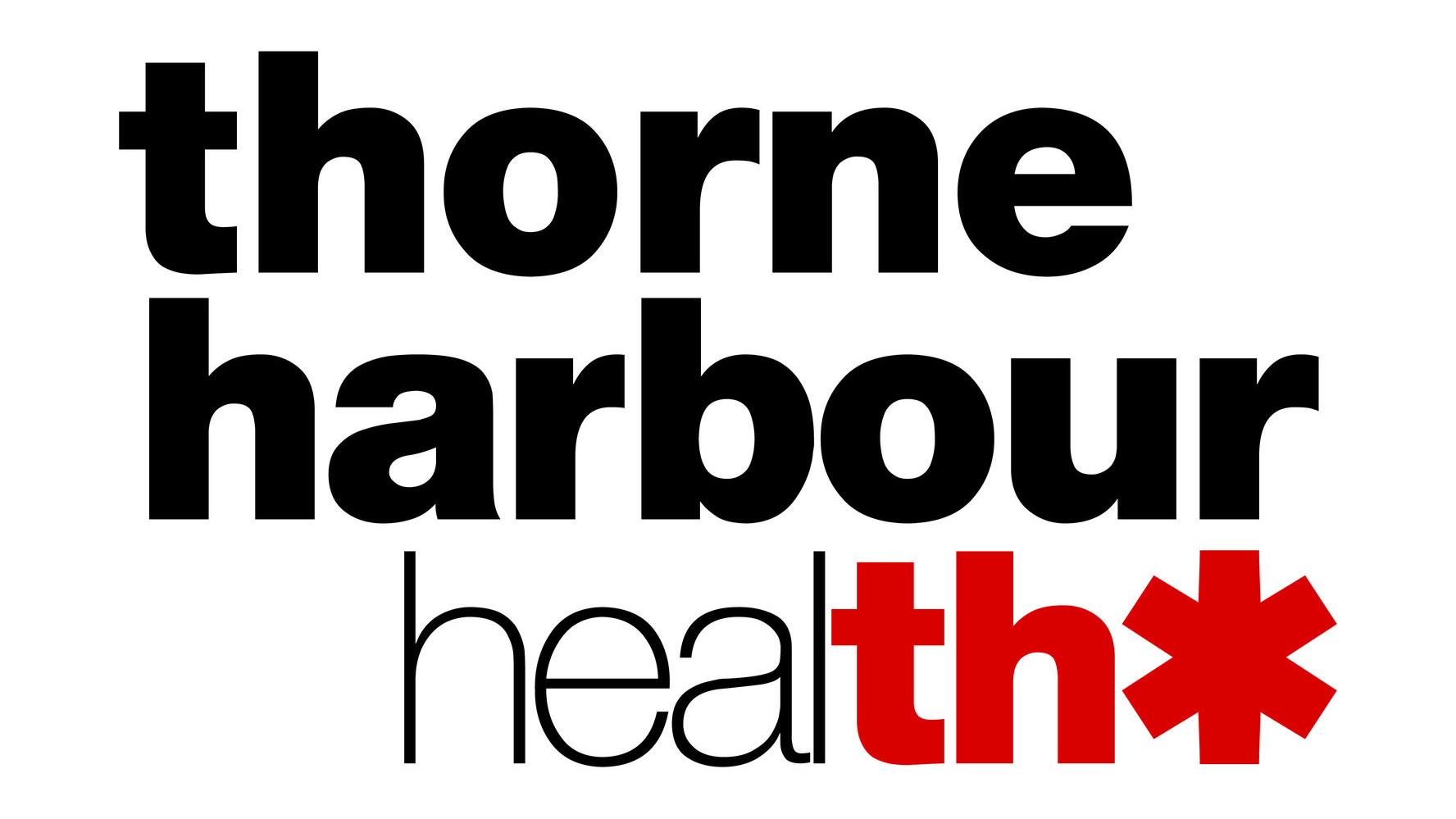
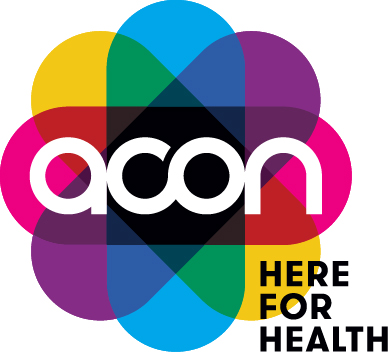
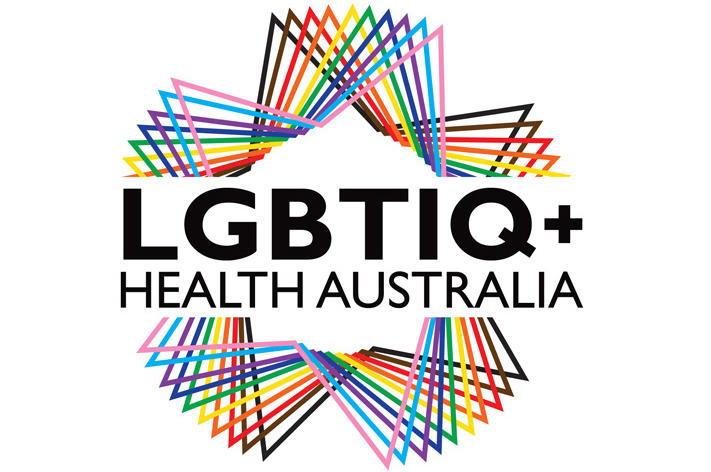


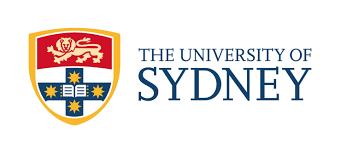
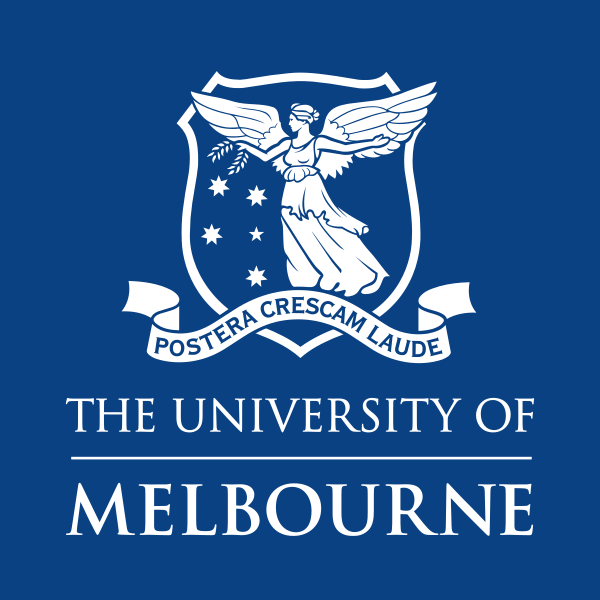

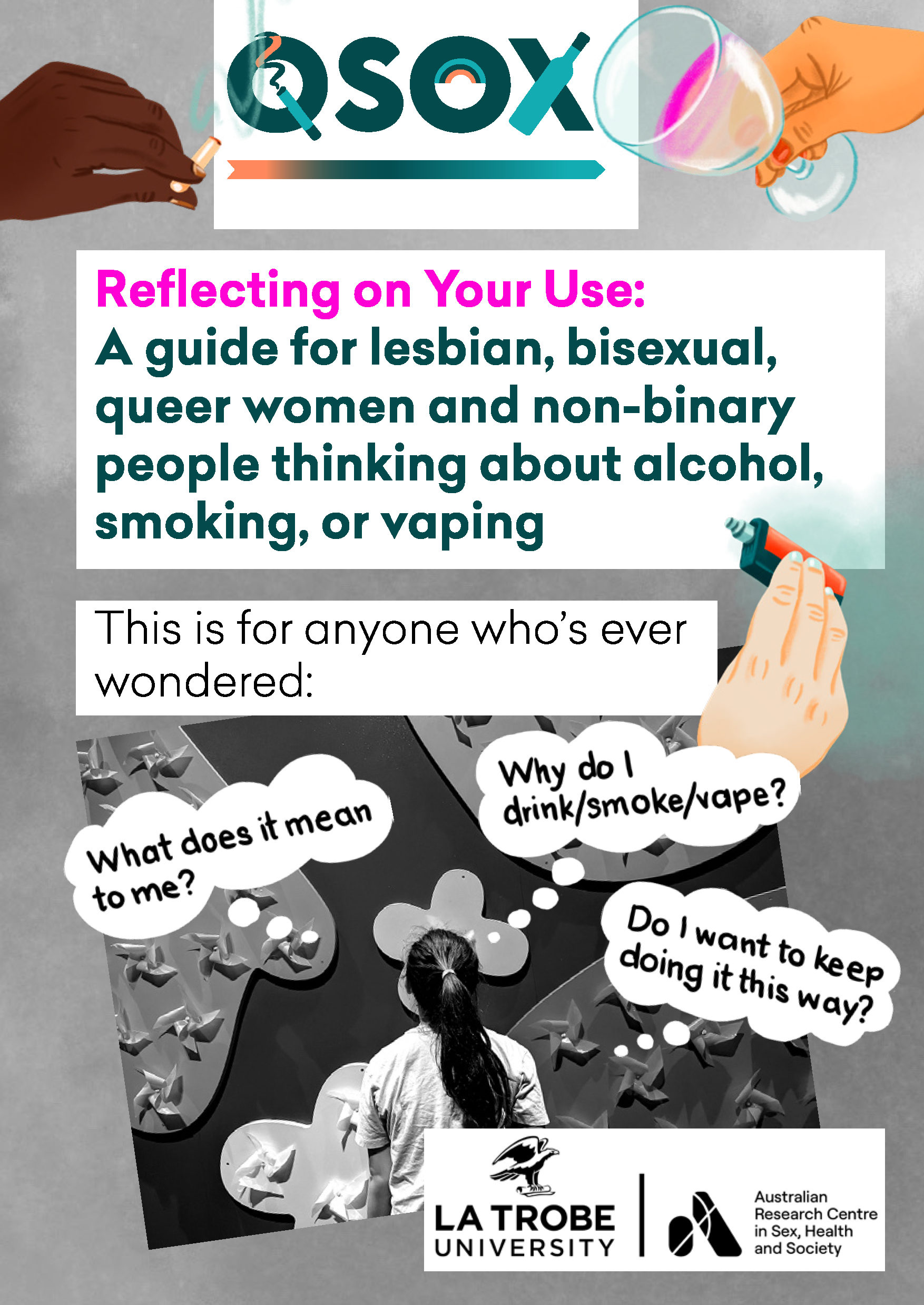
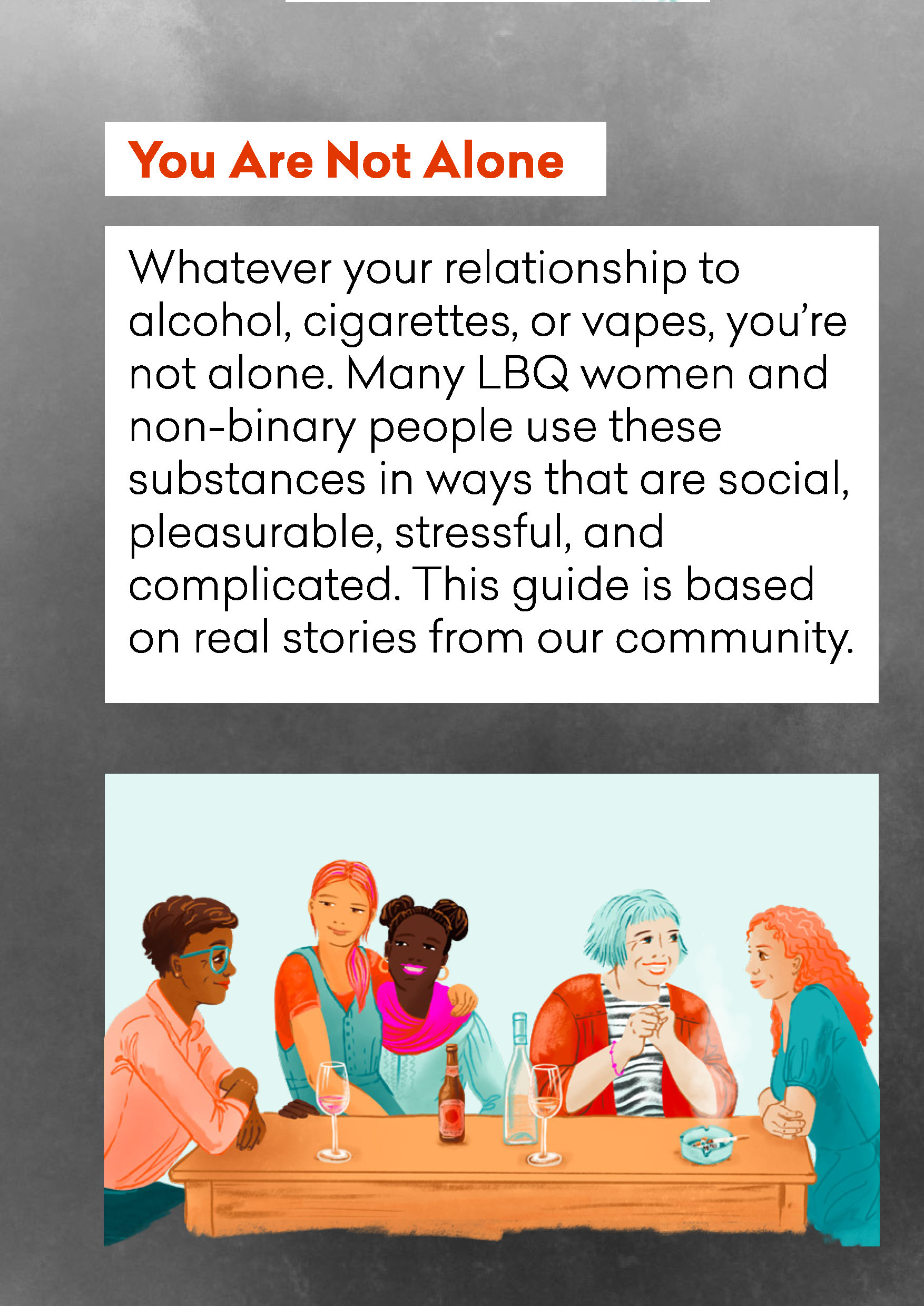
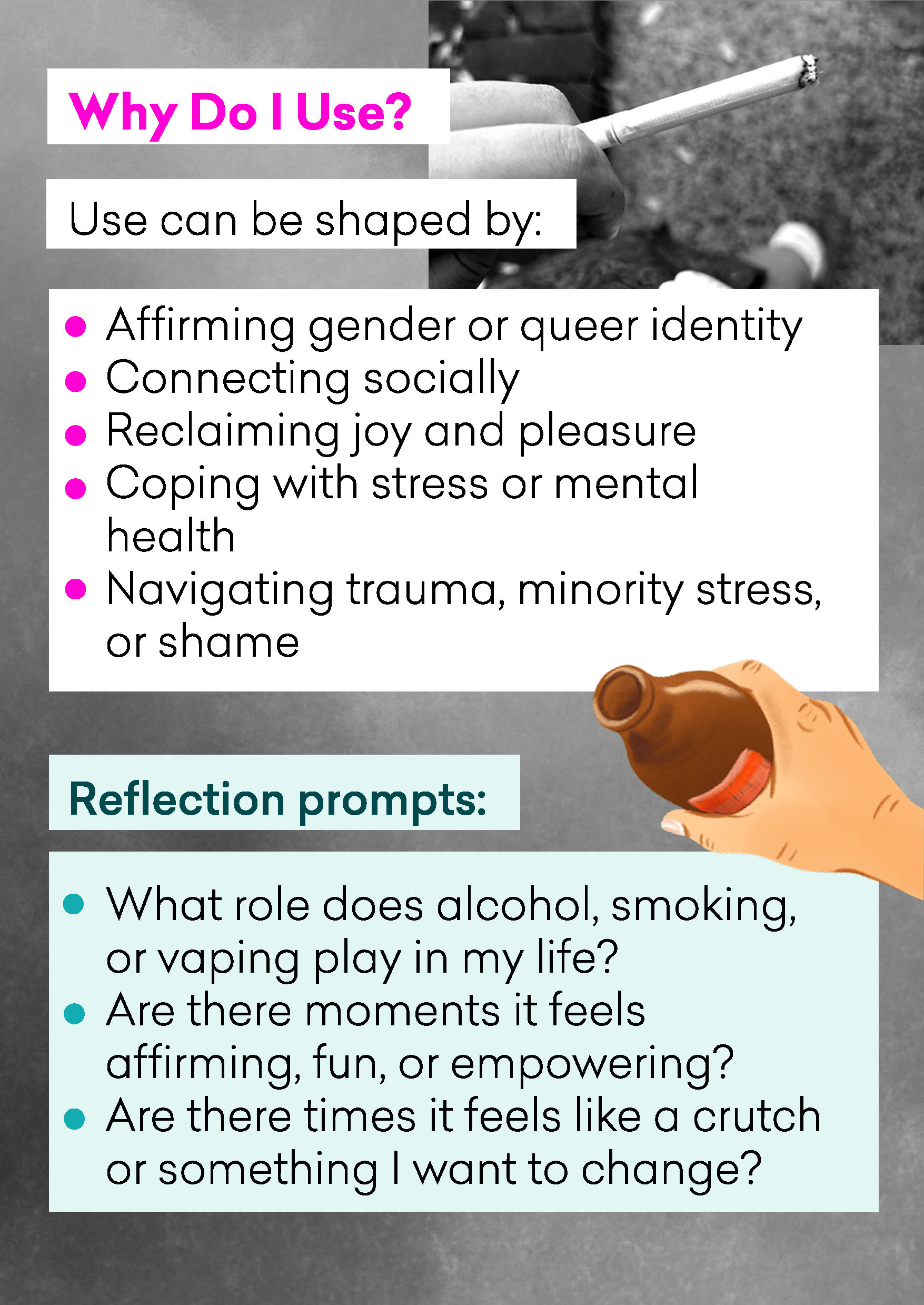
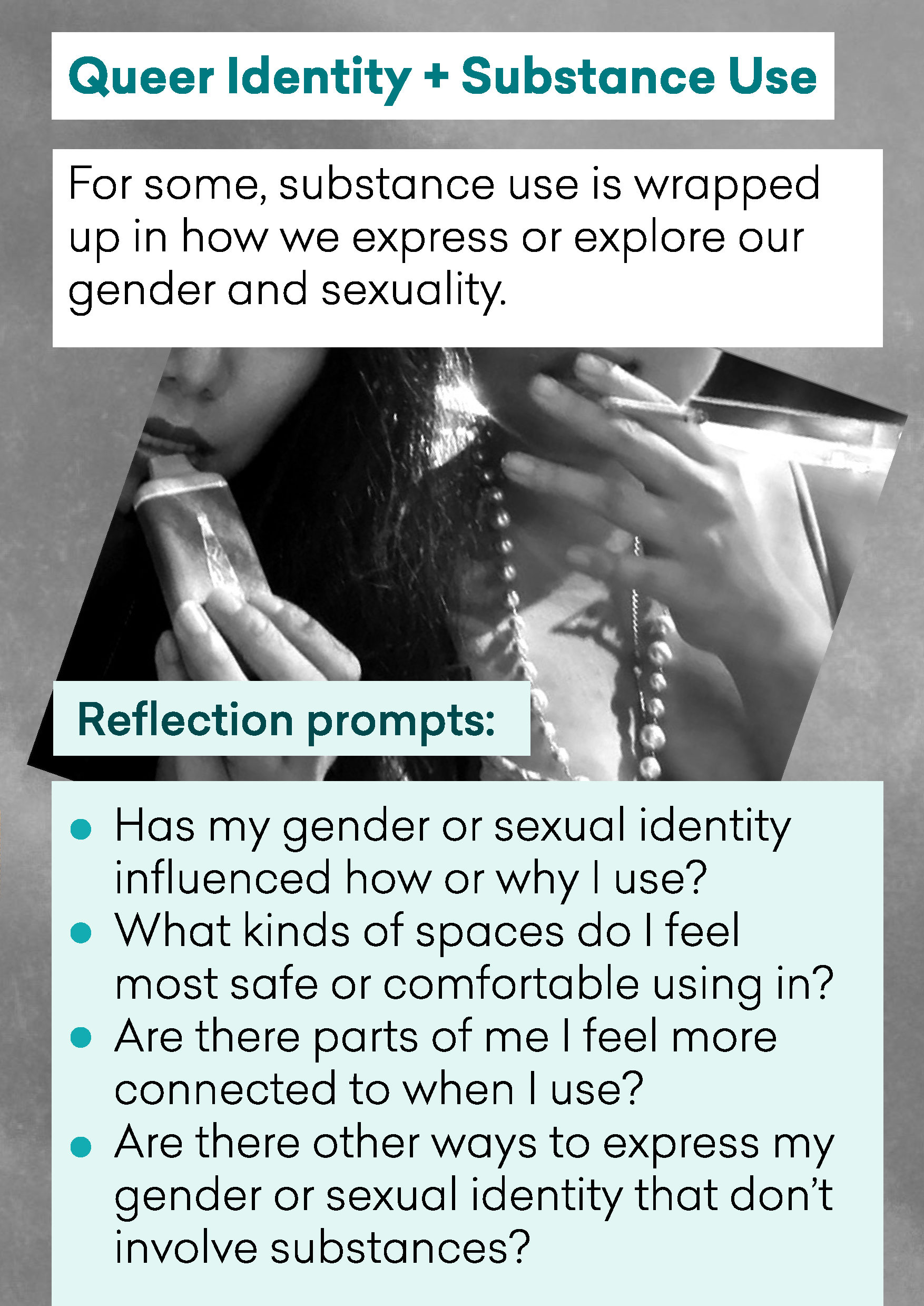
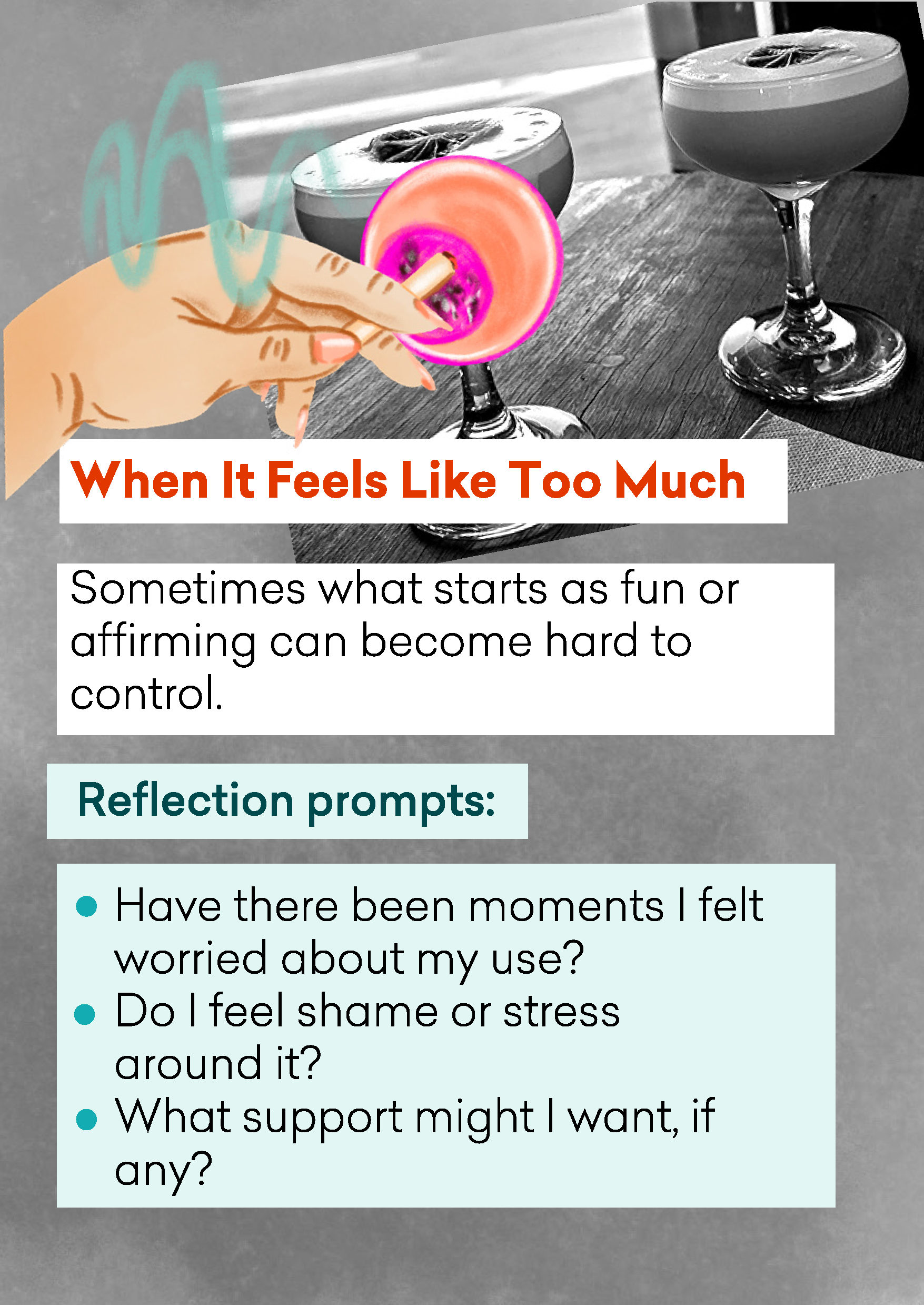
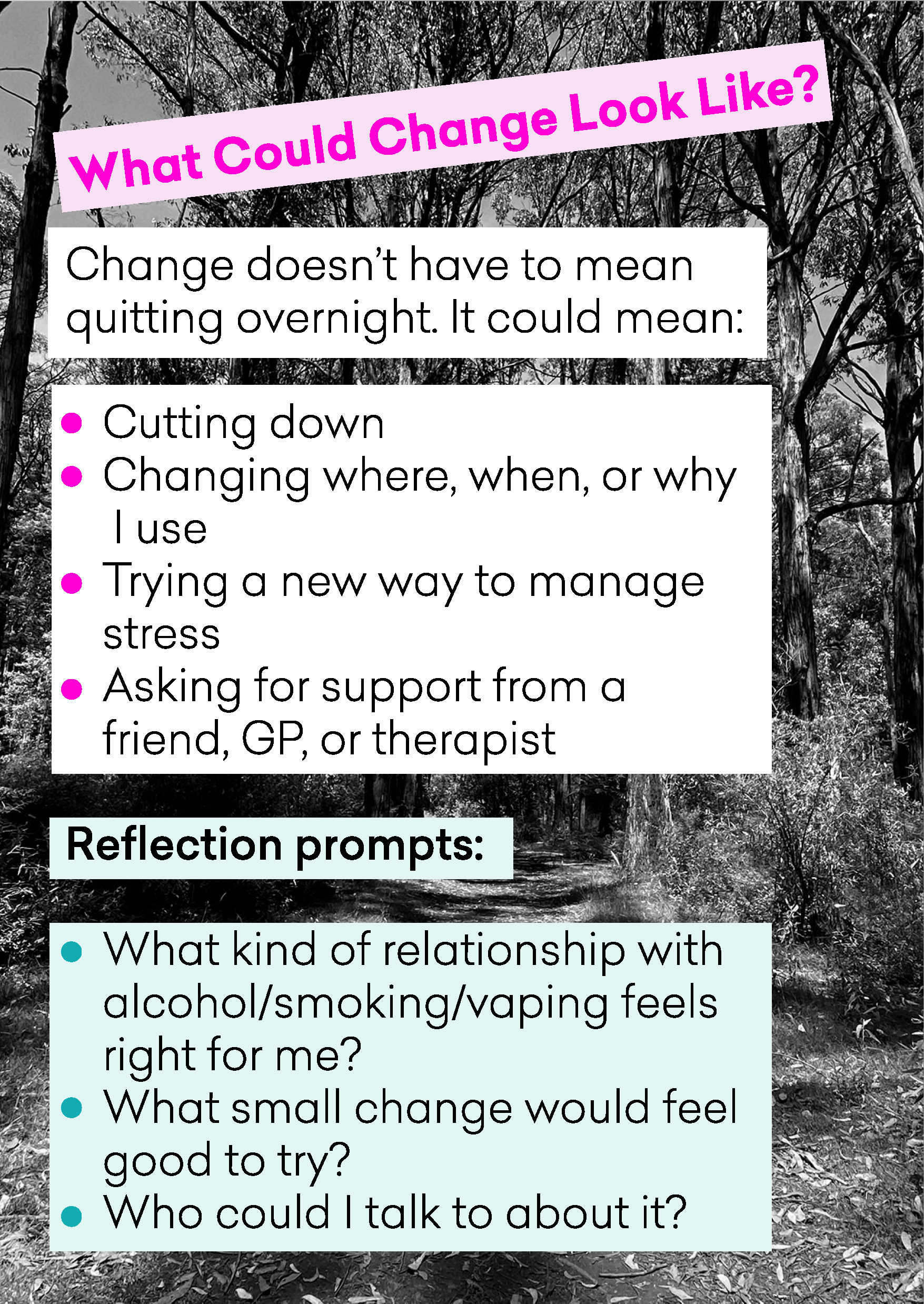
![QSOX zine page 7 Text ‘Community + care: You deserve support that’s non-judgmental, affirming and queer-inclusive. Whether from friends, chosen family, health workers or online communities. You don’t have to go it alone. Resources: ACON [QR code] Thorne Harbour Health [QR code] Quit Victoria [QR code]' with a drawing of two women’s hands clasping each other.](https://www.latrobe.edu.au/arcshs/images/QSOX-zine-page-7.jpeg)
![QSOX zine page 8 Text ‘Final thoughts: Your relationship with substances is your own. This zine isn’t about telling you what to do. It’s about giving you space to reflect, with honesty and compassion. You are worthy of support. You are allowed to change. You are allowed not to. This zine was developed as part of the QSOX Study: Queer women’s substance use over time. Photos from study participants. For more information, visit QSOX [QR code].' with a drawing of three diverse women wearing AFL jerseys.](https://www.latrobe.edu.au/arcshs/images/QSOX-zine-page-8.jpeg)